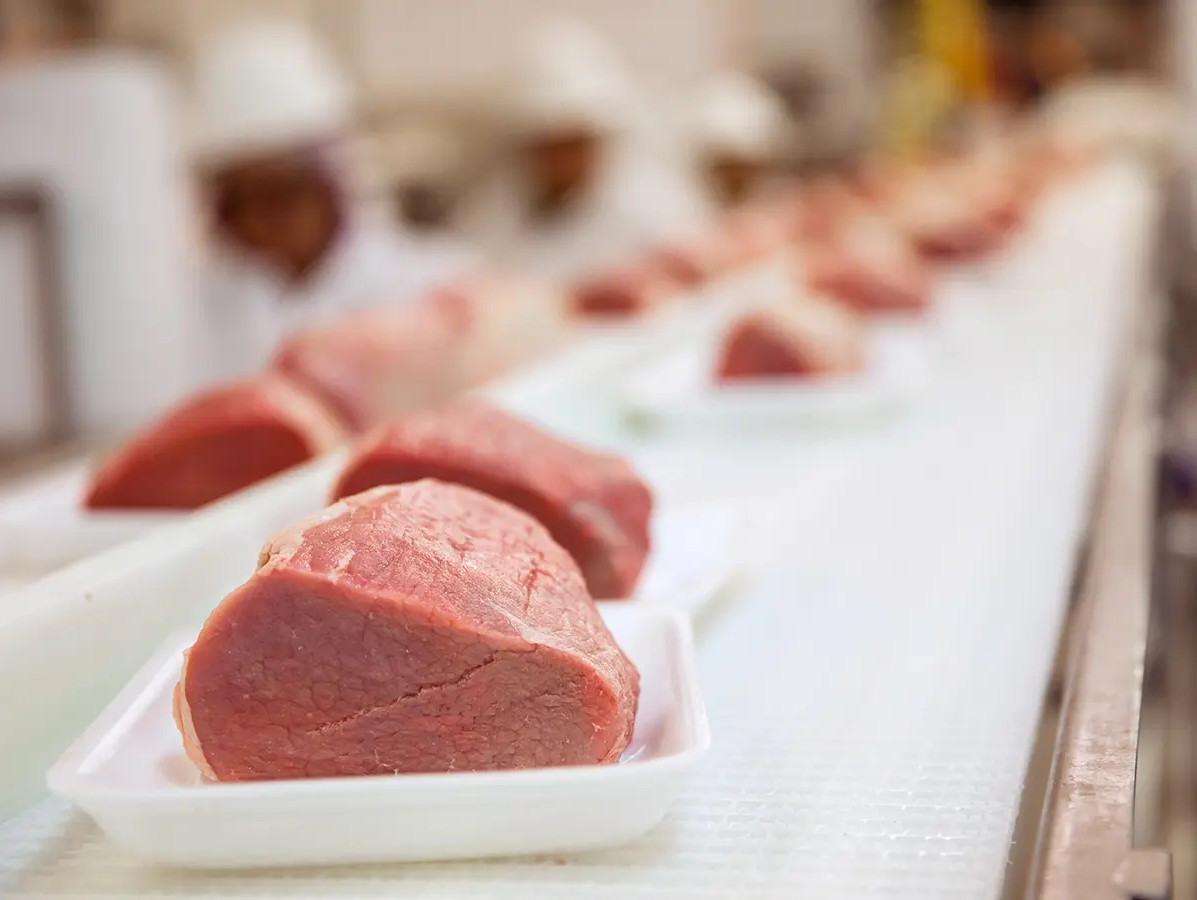
Sustainability is becoming an increasingly important priority for Dutch food producers. According to Rob Morren, sector banker Food at ABN AMRO, this is not only essential due to societal pressures but also offers commercial advantages. Companies that adopt sustainable practices faster than their competitors can gain an edge in an increasingly demanding market. However, the challenge remains significant, especially given the ambitious climate targets set for 2030 and 2050.
The food sector accounts for 12 percent of energy consumption within Dutch industry. While CO₂ emissions have decreased by 16.6 percent since 1995, natural gas remains the primary energy source. Recent spikes in gas prices, however, have accelerated the transition to alternative energy solutions. “If companies want to reduce their emissions by seven percent annually to meet climate targets, greater focus and innovation are necessary,” Morren explains. Technologies such as hydrogen and geothermal energy need to become more widely applicable, while businesses remain reliant on government measures and infrastructure developments.
Smaller companies also play a crucial role in this transition. Despite having less financial leverage than larger corporations, they can approach sustainability with flexibility and creativity through local collaborations. For example, shared energy solutions on business parks help optimize energy demand across different users.
In addition to reducing energy use in their production processes, companies are paying more attention to their supply chains. Scope 3 emissions—those generated during raw material production and transport—present a major opportunity for impact. Increasingly, companies are leveraging data to map their carbon footprint and improve processes. For instance, blending meat and dairy products with plant-based ingredients can reduce CO₂ emissions by as much as 50 percent.
Leaders in the sector are already achieving tangible results. Bakeries like Koninklijke Amarant Bakkers are working with farmers to lower the environmental impact of grain cultivation. “Real impact comes from collaboration throughout the chain, from farm to supermarket,” Morren emphasizes. A sustainable corporate culture is also critical. For frontrunners, sustainability is no longer the responsibility of a single manager but an integral part of their operations.
Morren views sustainability not just as a societal obligation but as a commercial opportunity. “It increasingly determines the licence to operate for food producers,” he concludes.
Source: ABN AMRO